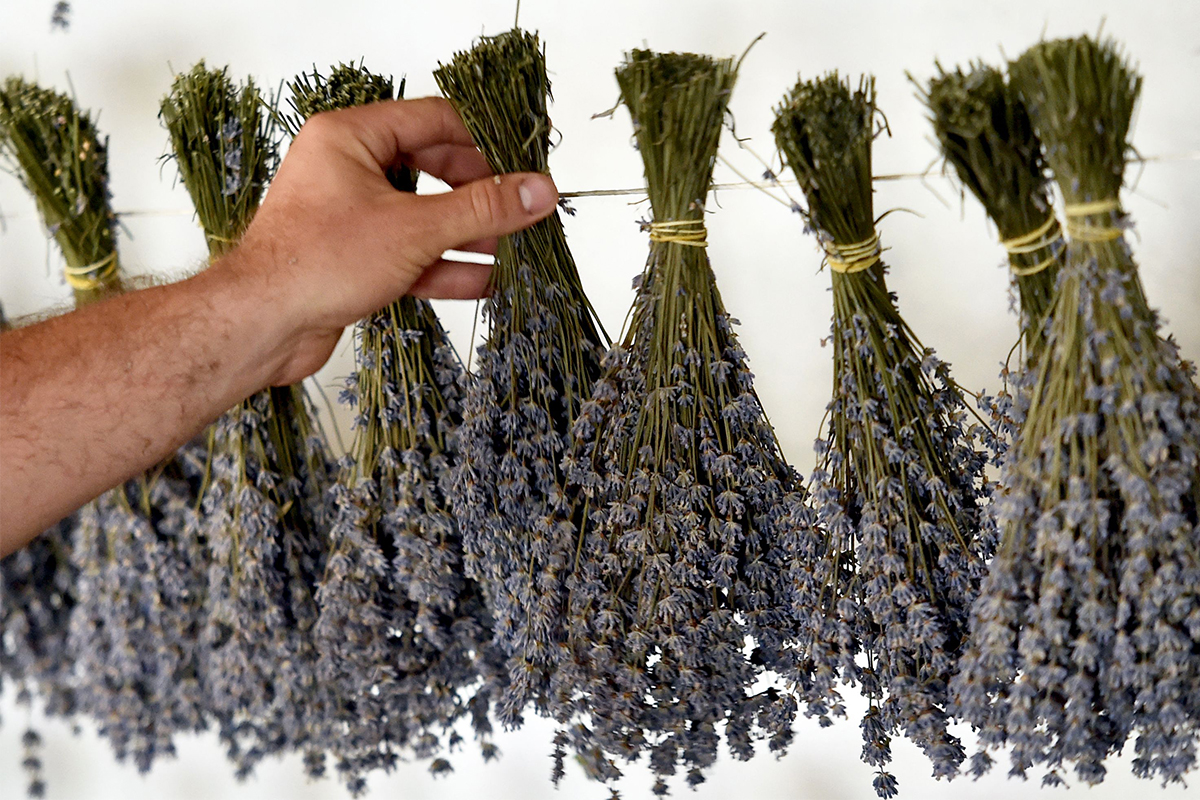In the past, on nights when sleep wouldn’t come easy, I would trot out a familiar ritual.
I’d fish a 3mg melatonin capsule from the bathroom, place it on my nightstand next to a cup of water and vow to take it in 15 minutes if I was still awake. A few minutes later, I was usually asleep, and in the morning the melatonin was still perched atop my bedside pile of books, untouched.
It was an odd approach, I’m aware. In my waking hours, I’d find myself bothered by how unreliable the process was. Sleep is critical for me — as a writer, as a runner — so I can’t really afford to lay there, fuming, until 4 AM on a Wednesday. One night, I was sure, my bizarre failsafe would let me down.
Defending against acute insomnia, though, as I’ve come to appreciate, is easier when the net is cast wide, with a holistic array of options meant to monitor, prioritize and prepare for sleep.
For instance: I track my sleep on the WHOOP app; I drink magnesium before bed; I try to keep my phone out of the bedroom; and I eat fruits that catalyze sleep-cycle regulators in the body. It’s hard to “overdo it.” (Who can argue with more, better sleep?) The key is in identifying the personal, supplemental practices — sleep-hacks, you can call ’em — that demystify the process of dozing off.
To that end, here’s another, unheralded method to add to the list: aromatherapy. It’s not traditionally the sort of thing guys talk about around the water cooler, but essential oils, specifically lavender oil, are an easy-to-use, all-natural relaxant, and a no-brainer addition to any sleep routine.
Most of us associate lavender with Dove soap and Yankee candles, but we’re selling it short. The flower’s extract has exhibited near-magical properties for millennia. Only recently have peer-reviewed studies taken pains to test that dynamism. The authors of a 2013 paper wrote: “Lavender is traditionally alleged to have a variety of therapeutic and curative properties, ranging from inducing relaxation to treating parasitic infections, burns, insect bites, and spasm. There is growing evidence suggesting that lavender oil may be an effective medicament in treatment of several neurological disorders.”
After lavender leaves are pressed and steamed down, aromachologists are left with a fragrance-forward oil. It can take a full pound of flowers to get there, but that makes sense — a vial of lavender oil is a powerful thing. Studies conducted in 2005, 2015 and 2018 have confirmed what sleep experts long suspected: lavender oil is an “olfactory stimulus” that positively impacts sleep. Disseminated correctly (via direct skin contact, a diffuser, or even sprinkled atop a pillow) it can act as an effective calmant before bed.
Why? Lavender contains the compounds linalyl acetate and linalool, two chemical compounds that inhibit neurotransmitters, lower heart rate and reduce anxiety. Considering that advice for insomniacs generally revolves around finding ways to keep calm — rest in an armchair in the other room, drink a glass of water, read from a low-stakes book — a safe, modest sedative like lavender can prove extremely useful.
Not to mention: lavender can help facilitate good sleep. On nights where I do end up taking melatonin (or take it preemptively), I’ll invariably experience some batshit melatonin-dream, then have to work through the morning with a groggy hangover. Lavender is different. Research has suggested that lavender oil not only helps people get to sleep, it makes for a better all-around sleeping experience. Those who use it report decreases in nightly disturbances (it’s known to limit “wake after sleep onset latency,” which means it helps you stay asleep), and experience improvements in mood and vigor upon waking up.
As essential oils aren’t regulated by the FDA, there isn’t a specific, recommended dosage of lavender oil. The endgame is simply to get the scent to your nervous system, and the easiest way to do that is to breathe it in, or put it on your skin. On the latter point, it’s a precise process. You’re not lathering it all over like sunscreen, or walking through a bug-spray cloud — instead, pinpoint areas like your wrists, your palms and the soles of your feet. Just know that some people can have irritated skin reactions to essential oils, and everyone’s skin will flare if you massage the lavender oil in without a “carrier oil.”
A carrier oil’s role is to lightly dilute the essential oil and allow it to work its way into the skin without issue. You have some options, but I’d go with organic coconut oil. The good stuff, too: extra virgin and unrefined. For each drop of lavender oil, mix it in with one teaspoon of coconut oil. If that sounds too cumbersome, and you’ve got $120 or so burning a hole in your pocket, pick up a diffuser. That would also allow you to play with other aromas throughout the day — oils like chamomile, orange, sandalwood, clary sage and lemon have all been known to reduce anxiety. Whichever essential oil you’re using, aim to add two or three drops to your diffuser.
If it’s lavender before bed, I recommend getting the room ready early, up to an hour before you head to sleep. Way too often, bedtime catches us off guard. We take sleep for granted, then we’re confused when it doesn’t arrive. But tallying up tricks and hacks is the best way to avoid a goofy, witching-hour failsafe. Try to keep your room dark, cool and uncluttered. Keep your phone out of it. And give the place a scent that’ll not only send you off to dreamland, but keep you there.
Whether you’re looking to get into shape, or just get out of a funk, The Charge has got you covered. Sign up for our new wellness newsletter today.
